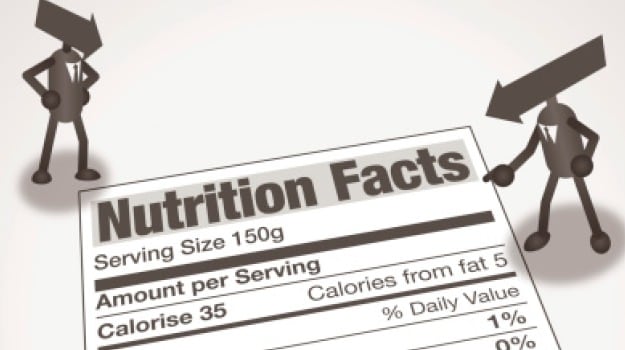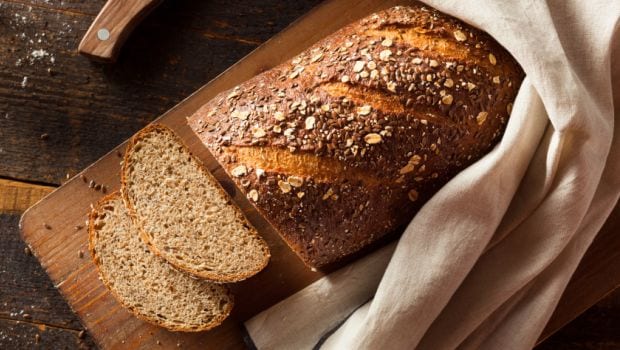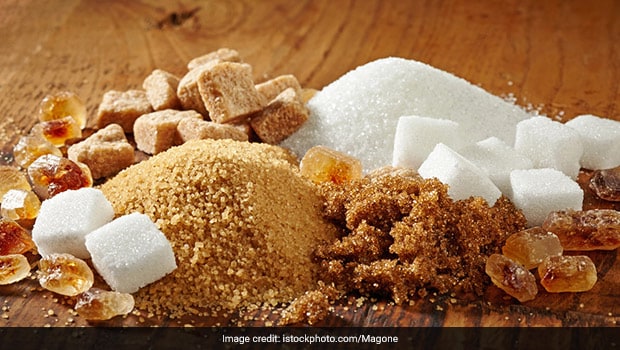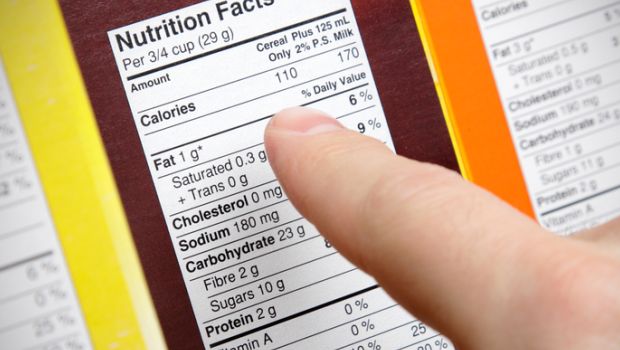Food manufacturers use numerous misleading phrases on their food products in disguise of smart supermarket choices when in reality it's just the consumers falling prey to excellent marketing strategies.
So it's time to get over the health label hype. Take a look at these food labels that might fool you.
1. Trans Fat
Trans fats are unsaturated fatty acids which are extremely harmful for your heart. While the food products claim to have zero Trans Fat, they might contain some amount of trans fats per serving. These products contain less than 0.5 grams per serving and two servings is likely to add a good amount of trans fat to your diet.

Trans fats are unsaturated fatty acids which are extremely harmful for your heart.2. Multi-grain Bread
These days people generally look for words like whole grain, whole wheat or multi-grain bread because they think it will be a healthier choice. But the truth of the matter is that multi-grain bread can be nothing but white bread and the grains are processed so much so that they are likely to lose all their health benefits. The dark colouring of these multi-grain breads may be due to caramel colouring which doesn't make it any more healthy than refined white breads.

These days people generally look for words like whole grain, whole wheat or multi-grain bread 3. All-Natural
Foods that are labelled as all-natural may contain artificial food items and can be injected with sodium, like in case of chicken. 'All-natural' is very highly likely to be a false health claim as foods with such labels can contain high fructose corn syrup and other permissible artificial substances. Even though some food manufacturers might claim that it is healthy, "all-natural" still remains a false food claim so don't be fooled by it.
4. No Sugar added / Sugar-free
It's good to keep an eye out for this food label because the food products with the 'no sugar added or sugar-free' label might still contain some amount of sugar. People buy these products when they are concerned about calories but such products contain maltodextrin, a form of carbohydrate which increases the blood sugar level and is not good for your health. 'No sugar added' does not mean that your food item is calorie or carbohydrate free. The quantity of sugar might be less per serving but it does not change the fact that these products do contain some form of sugar.

It's good to keep an eye out for this food label because the food products with the 'no sugar added or sugar-free'
5. Light
According to the Food and Drug Administration, the foods that are considered light need to have less than 50% fat of the original quantity, which is not the case with products with this food label. Oil and other oil based products that are labelled 'light' talk in terms of flavour rather than ingredients. The taste and flavour might be light but contrary to what we all think; calories in the food product remain the same.
6. Fat-free
One of the most common misleading label, 'fat-free' might actually be loaded with the same amount of fat as full fat versions. The FDA allows food products with 0.5 grams of fat or less to use the claim of fat free. So a good quantity of servings will include a measurable amount of fat in your diet. You can check the calories in such products and compare it with full fat versions.
These labels might tempt you to buy the food products in disguise of smart choices, whereas in reality, you're making a bad health decision. If you are really concerned then check for the calorie counts and sugar levels and make sure you're consuming these food products in appropriate amounts. Rather than looking for excessive claims on these food labels, plan a healthy and well-nourished diet for yourself.








